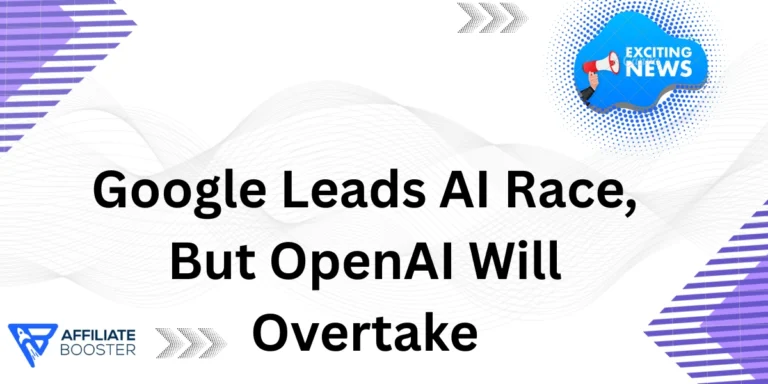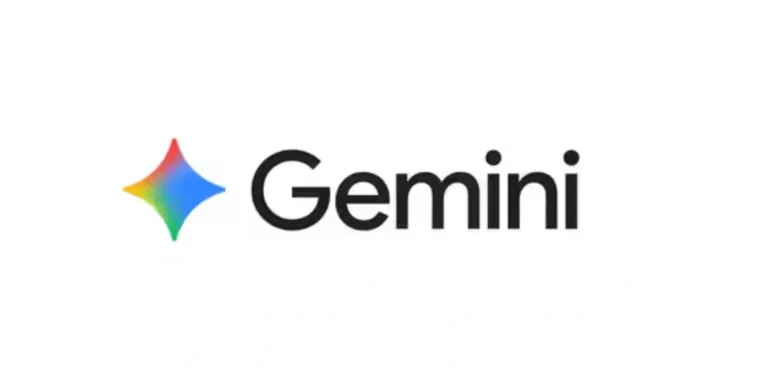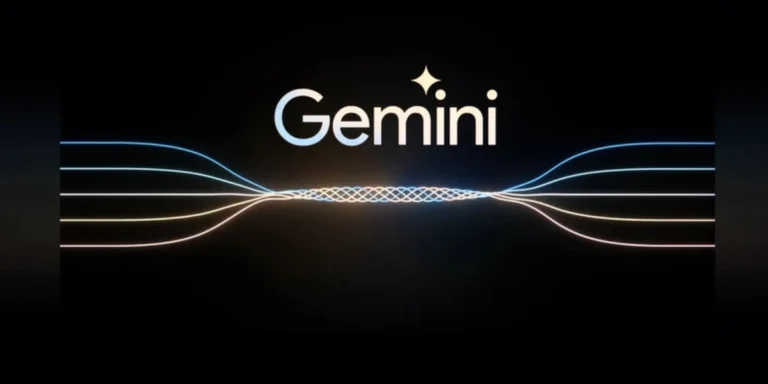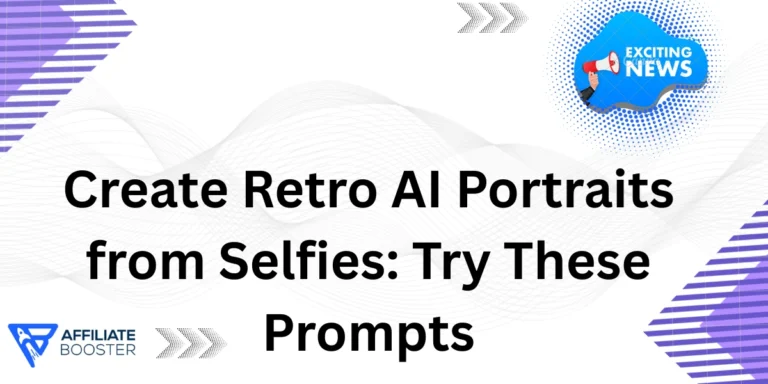In a candid statement, Google CEO Sundar Pichai warned the tech industry that no company has AI immunity. If the booming AI investment bubble bursts, even tech giants like Google will feel the impact. In a recent interview with the BBC, Pichai described the current AI surge as an “extraordinary moment,” but acknowledged that the market is showing signs of “irrationality.” He drew parallels to the dot-com era, where overinflated valuations eventually led to a market collapse. Pichai emphasised that even Alphabet, Google's parent company, is not immune to the consequences if the AI bubble bursts.
AI Immunity: A Risk for All Companies
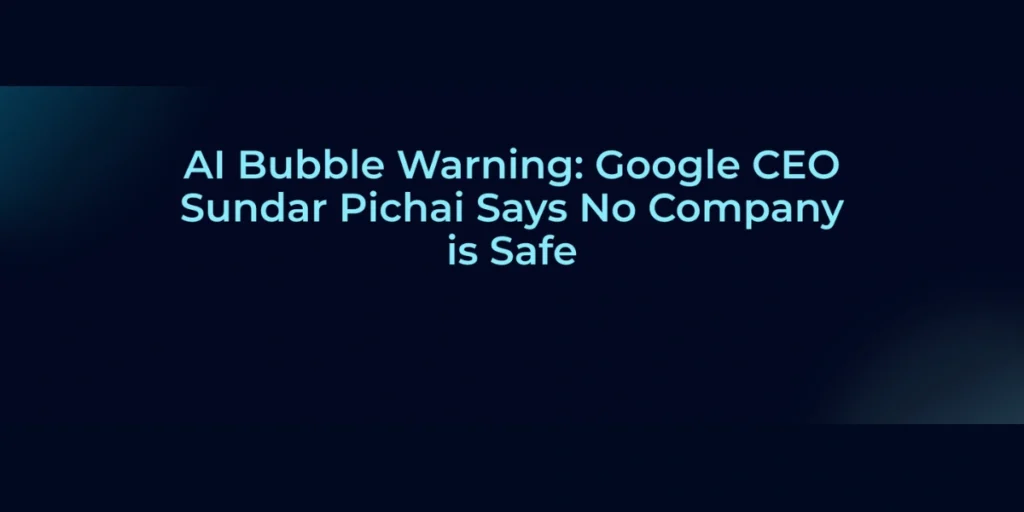
Pichai spoke in an interview with the BBC on November 18, 2025, where he acknowledged that while the AI industry is experiencing an extraordinary surge, elements of irrationality are evident in the market. Drawing parallels to the dotcom era, Pichai cautioned that just as the tech bubble of the early 2000s led to significant losses, a similar fate could befall the AI sector.
Here are some key insights from Pichai’s interview:
- No AI Immunity for Companies: Pichai stressed that no company, including Google, is immune to the risks of an AI market collapse. While he believes Google could weather the storm, the AI bubble poses a threat to all firms.
- AI Valuations Under Scrutiny: The rapid increase in AI investments has sparked debate among industry experts, with some questioning whether these high valuations are sustainable. Pichai’s comments reflect broader concerns in the U.S. and U.K. about the potential for an AI-driven market downturn.
- Investing in AI Infrastructure: Despite these concerns, Alphabet has committed to significant investments in AI. In September 2025, the company pledged £5 billion over two years to support AI infrastructure in the U.K., including new data centers and further funding for DeepMind, its London-based AI lab.
- Energy Demands of AI: Pichai also highlighted the immense energy consumption required to power AI technologies, warning that Alphabet’s environmental targets could be delayed as the company scales up its AI operations.
Also Read: 7 Best Telegram Proxies: Safe and Fast Access🔥
While there are varying opinions on the potential AI bubble, figures like Jeff Bezos and Peter Thiel have expressed concerns about the risks of overexcitement in the market. Despite these risks, Pichai remains optimistic about the future of AI but calls for caution in the face of speculative investments and overinflated valuations.
As the AI landscape continues to evolve, the question of AI immunity remains central to discussions on the industry’s future stability.
More News To Read: Google Leaks Nano Banana 2 Images: Next-Gen AI WOWs
